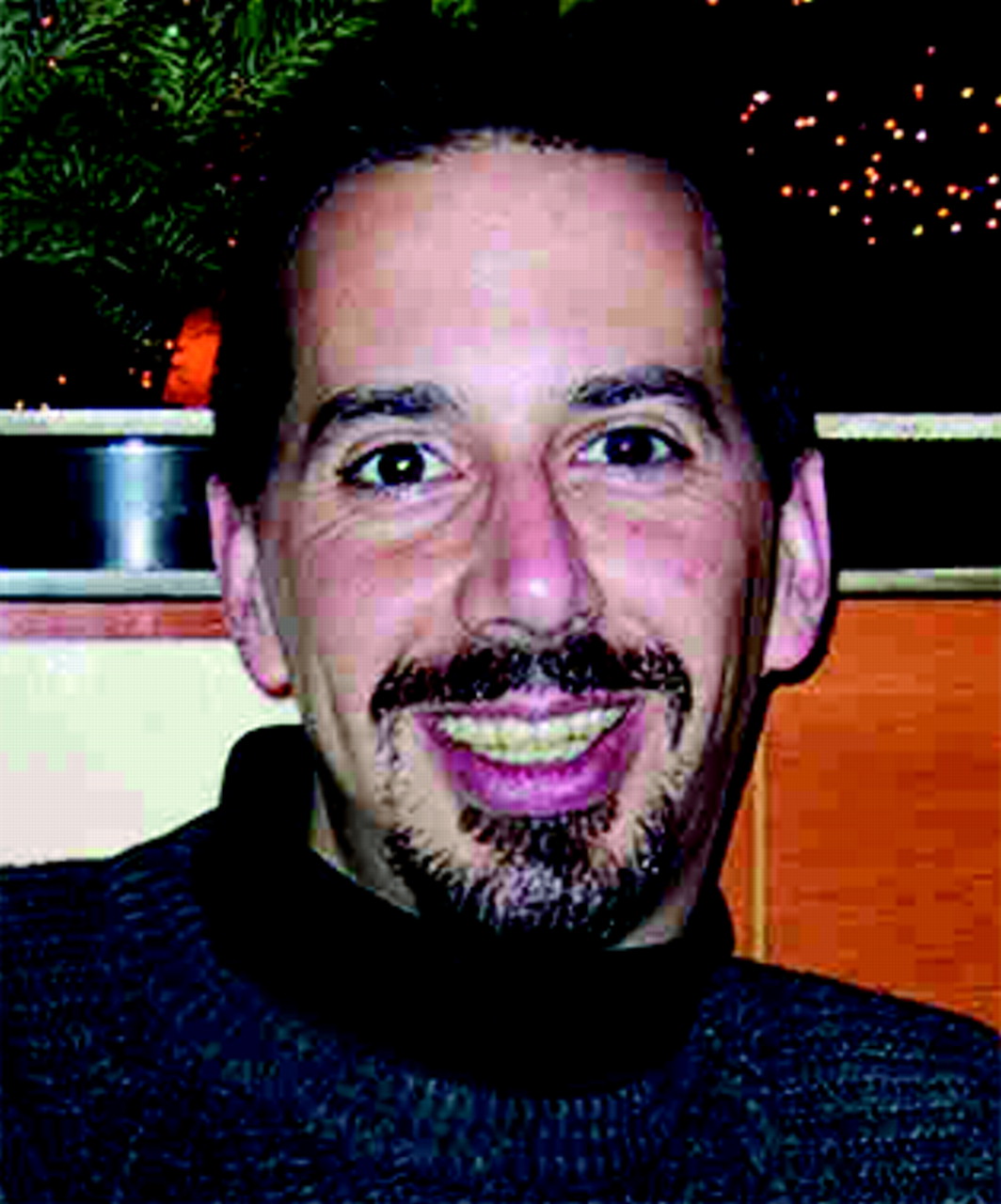Juggling Perspectives Within Our Profession

The changes beg us to answer several crucial questions: What defines our professional identity? What should be our core competencies? Are we so focused on a medical model that we are missing other critical aspects of our patients’ experiences?
What we psychiatrists become does not have to be something that only happens to us. We are a part of that change, even in our professional behavior. As early career psychiatrists, we need to recognize the influence we have on the future scope and perception of our profession through the tenor of our work.
By work I do not mean one’s practice setting or specialty. Rather, I am referring to one’s manner and conduct both at and about our profession. On a daily basis, we send implicit and explicit messages about our personal philosophy of practice to our patients, colleagues, and community. We each have developed a style, synthesizing the vast collection of theory and research with our own experiences and personality. We communicate to patients how we understand their concerns, that is, whether as an illness or a dynamic process. They in turn are able to gauge us and determine who will be a good fit for them.
External factors also affect conclusions patients draw. The economics of the health care market, mentors’ theoretical biases, and care-delivery systems all shape our work. The recent trend has been to lessen the emphasis on the doctor-patient relationship as technology advances, and both time and cost constraints tighten.
We are often characterized as only wanting to prescribe medications or being too focused on a disease-oriented approach. We risk losing skills as psychotherapists or the understanding that symptoms may be formed psychologically as well as neurophysiologically. Somehow, these notions have been conveyed. Somehow, the systems we work in tend to minimize the broader understanding we have of what it means to be human.
Granted, each of our perspectives and understandings varies. Some of us prefer to focus on the brain and some on the mind. Whatever our biases, we need to guard against the characterizations above. These are not the ideals we espouse. Our residency training requirements do not suggest practicing in such narrow ways. But keeping that in mind in the current practice climate is not easy.
In some settings, it takes more of an effort not to lose sight of our biopsychosocial model. I’ve spent my share of hours in a managed care setting, with 15-minute appointments back to back. Structuring the time without ignoring what is important to the patient is not easy.
In my solo practice, I have the time to share in my patients’ struggles over how to view their conditions. Sometimes I emphasize that their major depression is a disease. At other times I’ve stressed understanding their unique and complex human experiences. Sometimes, I’ve said both to the same patient! It’s not to be enigmatic. I’ve generally found patients to be comforted by my honesty and the tolerance of uncertainty that I can model for them. They are quite aware of the debates over how to conceptualize what is ailing them.
The apprenticeship culture of residency trains our clinical approach. Graduates rightfully expect to be prepared to adapt easily to the current work environment, but our residencies must also continue our education in how to think—about our patients, about our profession, and about what it means to be human. Hectic schedules and multiple demands require efficiency. Time to think about just what we are doing is at a premium. But whether we provide mostly medication management or long-term psychotherapy, we must not lose sight of the juxtaposition of neuroscience and psychoanalytic thought. Socioeconomic pressures will continue to influence care delivery, and our practices will surely continue to evolve. Our understanding of individuals, however, does not have to be so limited.
As early career psychiatrists, we need to pay attention to these concerns. Not only do we have a long career ahead of us, but also many of us are involved in mentoring residents and medical students. Our philosophy of practice will set an example for the physicians who follow us into practice.
By reflecting on our attitudes and assessing the forces impinging upon our work, we can strive to retain the scope of our practice, support our professional ideals, and enjoy our work with people. An appreciation for the human condition and the synthesis of seemingly incongruent perspectives on mental functioning make me realize I’m not just a technician. People’s lives are complex. Juggling these multiple perspectives is what makes our occupation not just a job; it’s a profession. ▪
Dr. Robucci is a clinical instructor at the University of Colorado Health Sciences Center, medical director of the Asian/Pacific Center for Human Development in Denver, and Area 7 ECP representative to the APA Assembly.



